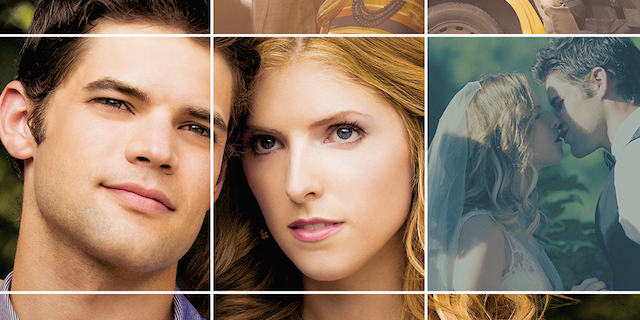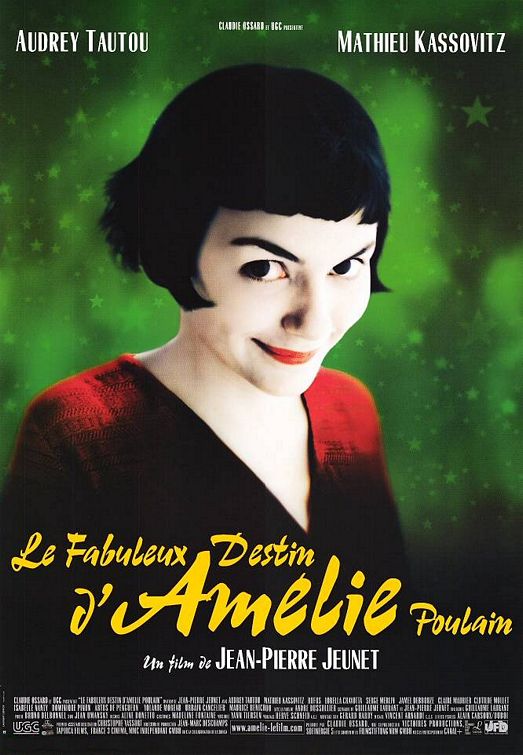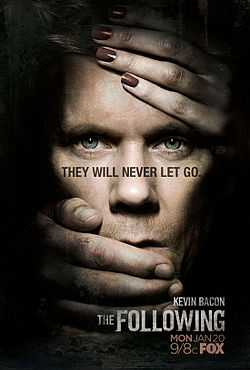When hearing the word “Iraq” what comes to mind?
For many U.S. citizens, the answer might be images of war or scenes from distant history, but Kennesaw State graduate Autumn Cockrell-Abdullah hopes to change these initial perceptions.
Cockrell-Abdullah’s research focuses primarily on contemporary Kurdish art. In KSU’s International Conflict Management program, she could maintain her anthropological roots while looking into conflict and art.
When she began looking into Kurdish art, Cockrell-Abdullah was surprised to find almost no scholarly research on the topic.
“The thing that surprised me was that when I got into the research about contemporary Kurdish art, there was just nothing,” Cockrell-Abdullah said.
The lack of research meant that Cockrell-Abdullah had to go into the field herself and perform first-hand observations, which she found extremely fun.
“I mean, come on! For my research, I’m going to art galleries and hanging out with the cool kids,” Cockrell-Abdullah said. “It’s not a bad gig.”
Unfortunately, according to Cockrell-Abdullah, it is incredibly hard to get funding for any research having to do with Iraq. Though she did receive assistance from her Ph.D. program in international conflict management, when it came time for her to do first-hand research in Iraqi Kurdistan, she had to find a way to come up with the rest of the funding herself.
Because of this, Cockrell-Abdullah’s typical day in Kurdistan began with teaching English to fifth and sixth graders. It wasn’t until she was finished teaching each day that she would be able to work on her research.
In her research, Cockrell-Abdullah wanted to reiterate the point that the Kurds exist. She believes that one of the faults with U.S. literature and perspective on the Middle East is that Americans often think of Iraq and Kurdistan in historical terms and forget about the people living there now.
For Cockrell-Abdullah, the way to truly understand the Kurdish people is to look at their contemporary art.
“I really wanted to point out that they are a contemporary society,” Cockrell-Abdullah said. “We’re thinking about contemporary people, just like you and I, trying to negotiate their lives.”
In the artwork that Cockrell-Abdullah studied, she saw a “society that is deeply and critically considering traditional norms and values, and thinking of ways to be able to incorporate more of the population in decision making and garnering resources.”
Cockrell-Abdullah’s husband came to the U.S. as a refugee around 2000. Originally from Iraqi Kurdistan, he was able to leave with the help of the United Nations High Commissioner for Refugees, a mandate for protecting refugees.
Her husband comes from a family of artists and is a sculptor himself. With already having some knowledge of art from the Middle East, Kurdish art became a natural fit for Cockrell-Abdullah’s research.
Cockrell-Abdullah began teaching anthropology at KSU in 2009. She is currently teaching anthropology at the University of North Georgia but says that she misses KSU very much. She is also working on expanding pieces of her research into a book project and hopes to visit Kurdistan again around Christmas.
When asked about what her future holds, Cockrell-Abdullah jokingly said “fame and fortune.”




